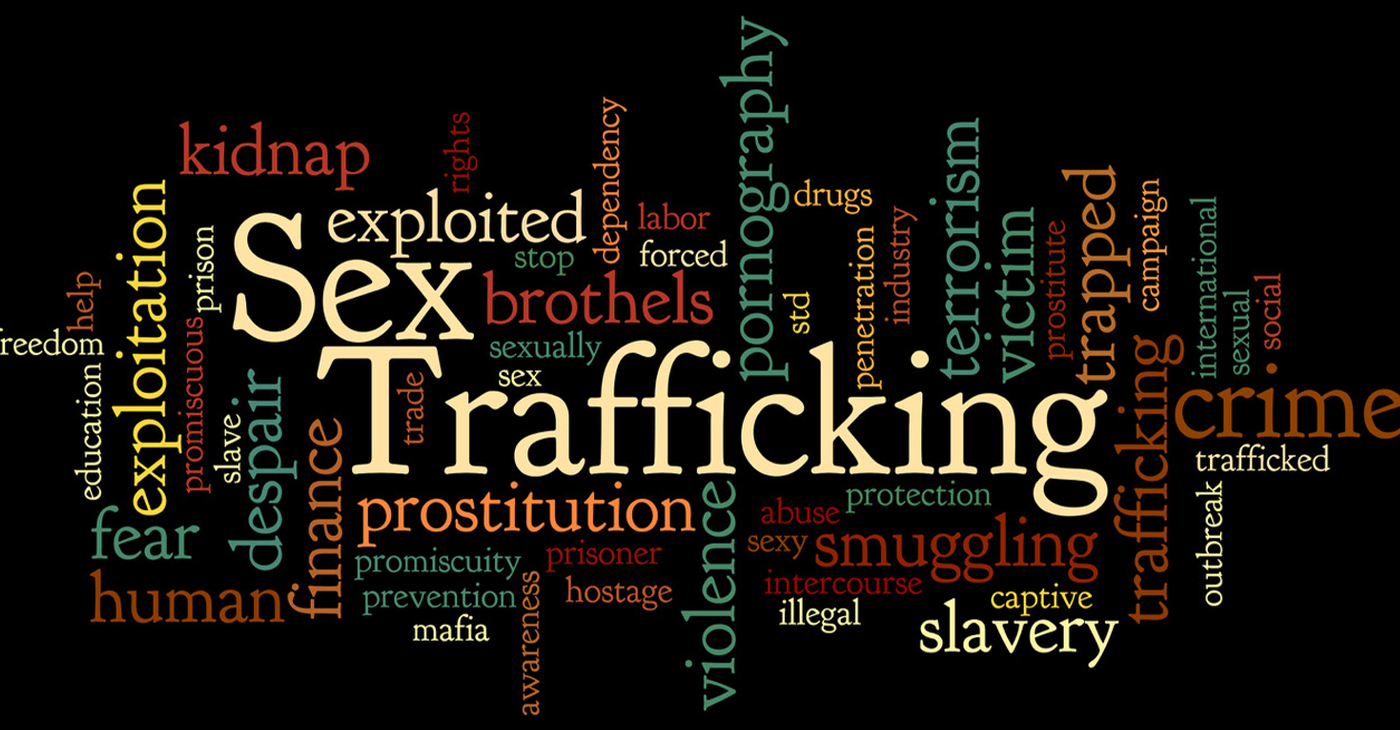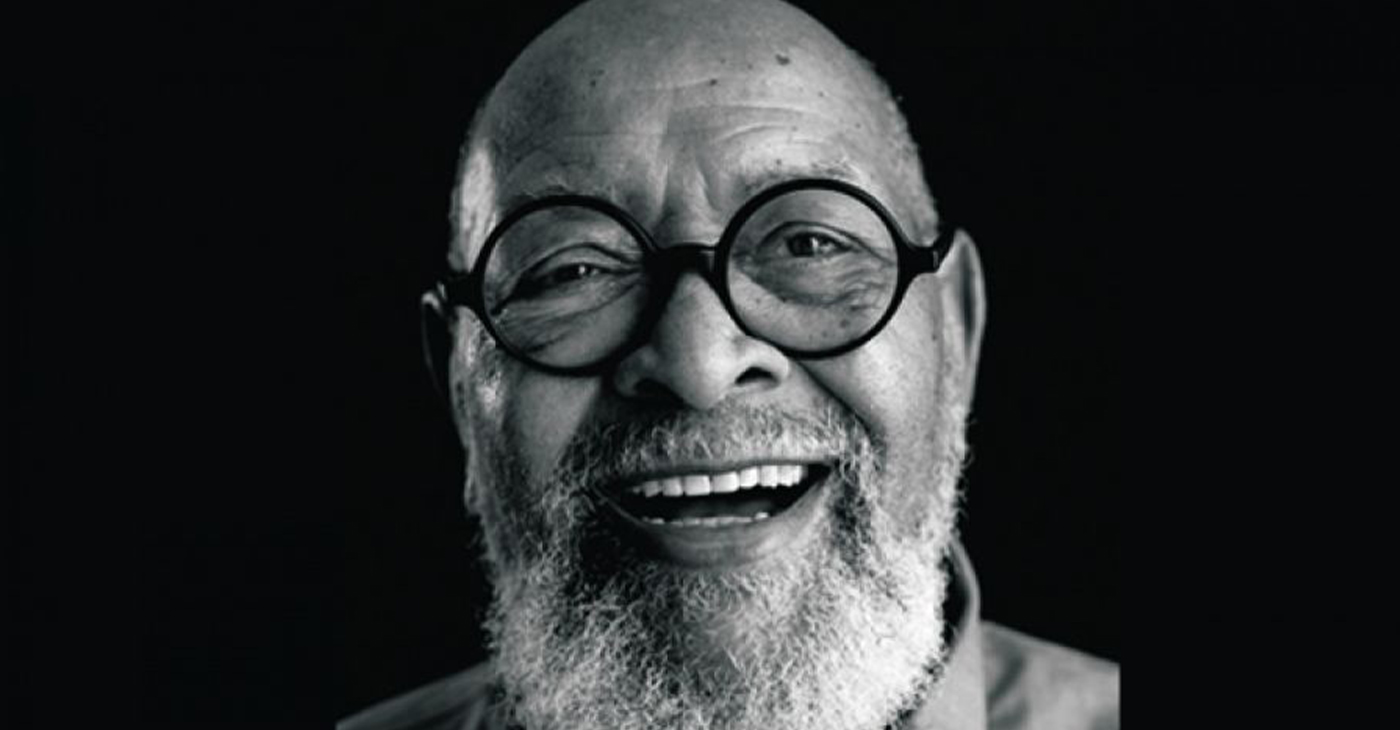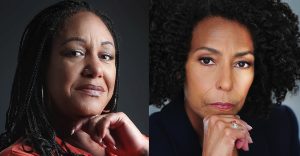Activism
The War of Modern Life in America
As we come out of Memorial Day, let’s not forget the victims of all our “other wars.”

I don’t want to diminish the memory of those who fought in our military wars. They deserve Memorial Day.
But perhaps post-Memorial Day, we should take a moment to remember those who died in our other “American wars.”
Like the American Covid war, which as of Tuesday, stands at more than 594,201 deaths—more than any U.S. war since the Civil War.
Clearly the fight against Covid was a failure from the start, only coming into a better sense of control with a new administration’s no-nonsense, more scientific approach.
I thought about all that during a memorial tribute on Sunday to Corky Lee, the Asian American photographer who made it his life mission to document AAPI lives.
It was an event I was honored to have emceed.
While some people tried to get back to normal over the weekend, I was on Zoom with about 300 others celebrating my friend Corky, who died of Covid on Jan. 27. On that day, he was one of 4,101 to die of Covid in our country, making the total number back then around 429,000 deaths. In four months, the number of deaths has increased by nearly 30 percent.
That’s now considered “acceptable.”
It shouldn’t be.
The other war we must consider is the one we saw last week.
SAN JOSE-VTA RAMPAGE
Paul Megia, 42, would have been driving back home from Disneyland right now after celebrating the middle school graduation of one of his three children.
Instead, the family is in mourning. Megia, a Filipino immigrant, died in another mass shooting in America, this one in San Jose at the Valley Transit Authority..
The deaths from gun violence in our country have become so routine we hardly pay attention to them– unless they are “mass shootings.” Even then, there are so many that some only get cursory news coverage. (More than 239 as of May 31, according to the Gun Violence Archive).
But the ones covered are usually carried out by a gunman, a man on a mission, armed with a military assault weapon, and since March, a surprising number of Asian Americans were killed.
In Atlanta on March 16, six of the eight were Korean Americans.
In Indianapolis on April 16, four of the eight victims were Sikh Americans.
In San Jose, on May 26, nine innocent lives were lost in the deadliest mass shooting in the history of the Bay Area.
Two of the nine were Asian American. Taptejdeep Singh, 36, a Sikh American, was seen as a hero–, in the final moments of his life, he alerted others about the gunman. And then there was Megia, who immigrated to America from the Philippines as a toddler and found his American Dream working his way up the ranks from bus operator to assistant superintendent.
By my count, that’s 12 Asian American deaths in the three most publicized mass shootings since March.
The San Jose gunman, Samuel Cassidy, had three semi-automatic handguns, 32 high-capacity magazines, and fired 39 shots, as he went from building to building militaristically, killing some people, passing over others. Cassidy was known as a disgruntled employee since 2016 when he was stopped upon re-entering the country after a visit from the Philippines. DHS found books and notes about terror and violence, and how he hated the VTA.
This is modern life in America, where people like Megia and Singh can go to work with no guarantee of returning home.
As we come out of Memorial Day, let’s not forget the victims of all our “other wars.”
And mind you, I’m not even counting police-related shootings and incidents which make up its own category of shame.
Political folks must have the courage to acknowledge and deal with these “other wars” within our modern America that cost real lives and cause real pain. They will when we do.
Emil Guillermo is a journalist and commentator. He vlogs at www.amok.com FaceBook@ emilguillermo.media Twitter@emilamok
Activism
Calif. Anti-Sex Trafficking Advocates Discuss Competing Bills, Strategies
Advocates from across California are challenging state officials and community leaders to support legislation that provides resources and services for survivors and victims of human trafficking, as well as assistance as they transition back into civil society. Some of those advocates are also calling for more effective state policy to curtail trafficking, a crime that has an outsized impact on Black children, particularly girls.

By Bo Tefu, California Black Media
Advocates from across California are challenging state officials and community leaders to support legislation that provides resources and services for survivors and victims of human trafficking, as well as assistance as they transition back into civil society.
Some of those advocates are also calling for more effective state policy to curtail trafficking, a crime that has an outsized impact on Black children, particularly girls.
According to the FBI, a report covering a two-year period found Black children accounted for 57% of all juvenile arrests for prostitution. In addition, 40% of sex trafficking victims were Black and 60% of those victims had been enrolled in the foster care system.
“It is time to hold the perpetrators who take advantage of our children accountable,” said the Rev. Shane Harris, a San Diego-based activist, former foster youth and founder of the Peoples Association of Justice Advocates, (PAJA), a national civil rights organization and policy think tank.
“It is time to send a thorough message that if you seek to buy a child for sex, you will pay the highest criminal penalties in this state,” added Harris who was speaking at a rally at the State Capitol earlier this month. Harris was speaking in support of Senate Bill 1414, authored by Sen. Shannon Grove (D-Bakersfield), which calls for people who buy sex from minors to be punished with a felony. The punishment includes a two-year prison sentence and a $25,000 fine.
Harris said the PAJA is the only civil rights organization in the state that supports SB 1414.
Harris urged other Black-led groups who favor anti-trafficking legislation more focused on criminal justice reforms (as opposed to stiffer penalties), to “join the movement.”
Many of those civil rights groups fear that SB 1414 could lead to the incarceration of more Black youth.
Those sentiments were echoed in a panel discussion organized by Black women advocates on April 26 to examine the cause and effects of human trafficking in California’s Black communities. The virtual event was hosted by the Forgotten Children, Inc, a faith-based nonprofit that advocates for survivors and victims of human trafficking through anti-trafficking campaigns and initiatives.
Panelists shared the psychological impact of sexual exploitation on youth and children in the long term.
Author and educator Dr. Stephany Powell shared statistics and information revealing that African American women and girls are the most trafficked nationwide.
Powell, who serves as the senior advisor on law enforcement and policy at the National Center on Sexual Exploitation said that national data indicates that sex trade survivors are disproportionately women of color. She stated that male survivors often go unnoticed because boys rarely report trafficked crimes.
Powell said that decriminalizing prostitution in California could increase human trafficking. She argued that Senate Bill 357, authored by Sen. Scott Wiener (D-San Francisco), which was signed into law in 2022 and legalized loitering for prostitution, caused a surge in street-level prostitution.
Panelist and psychologist Dr. Gloria Morrow shared opposing views on decriminalizing prostitution. She said that decriminalizing prostitution could help survivors gain access to state resources and support.
Despite opposing views, Powell and Morrow agree that the Black community needs resources and educational programs to address human trafficking.
Activism
Obituary: Social Justice Leader, the Rev. Cecil Williams, Passes at 94
On April 22, community leader and social justice advocate Reverend Cecil Williams died at his home in San Francisco surrounded by his loved ones, according to his family. He was 94 years old.

By California Black Media
On April 22, community leader and social justice advocate Reverend Cecil Williams died at his home in San Francisco surrounded by his loved ones, according to his family.
He was 94 years old.
The reverend was a civil rights leader who advocated for the equal rights of lesbian, gay, bisexual, transgender, and queer people in the Bay Area.
Williams was the head pastor of the non-denominational GLIDE Memorial United Methodist Church. The church welcomed individuals from the queer community and people struggling with homelessness, housing instability and substance use disorder (SUD).
Through his work, Rev. Williams attracted national attention. Prominent political and cultural leaders such as Maya Angelou, Bono, Oprah Winfrey, and Bill Clinton all attended church services at Glide.
Congressmember Barbara Lee (D-CA-12) said she is deeply saddened about the passing of her dear friend.
“The Reverend changed the lives of millions through radical love, support, inclusivity, and a commitment to service to the most marginalized,” Lee said.
Gov. Gavin Newsom said that the reverend inspired people across California to embody the values of generosity and acceptance.
Rev. Williams was, “a visionary leader whose legendary compassion and love for his community transformed the lives of people from all walks of life,” Newsom said.
Rev. Williams served as the chief executive officer of the Glide Foundation until his retirement in 2023.
Activism
Oakland Post: Week of May 1 – 7, 2024
The printed Weekly Edition of the Oakland Post: Week of May 1 – 7, 2024

To enlarge your view of this issue, use the slider, magnifying glass icon or full page icon in the lower right corner of the browser window. ![]()
-

 Community2 weeks ago
Community2 weeks agoFinancial Assistance Bill for Descendants of Enslaved Persons to Help Them Purchase, Own, or Maintain a Home
-

 Activism4 weeks ago
Activism4 weeks agoOakland Post: Week of April 3 – 6, 2024
-

 Business3 weeks ago
Business3 weeks agoV.P. Kamala Harris: Americans With Criminal Records Will Soon Be Eligible for SBA Loans
-

 Activism3 weeks ago
Activism3 weeks agoOakland Post: Week of April 10 – 16, 2024
-

 Community2 weeks ago
Community2 weeks agoAG Bonta Says Oakland School Leaders Should Comply with State Laws to Avoid ‘Disparate Harm’ When Closing or Merging Schools
-

 Community2 weeks ago
Community2 weeks agoOakland WNBA Player to be Inducted Into Hall of Fame
-

 Community2 weeks ago
Community2 weeks agoRichmond Nonprofit Helps Ex-Felons Get Back on Their Feet
-

 Community2 weeks ago
Community2 weeks agoRPAL to Rename Technology Center for Retired Police Captain Arthur Lee Johnson























































